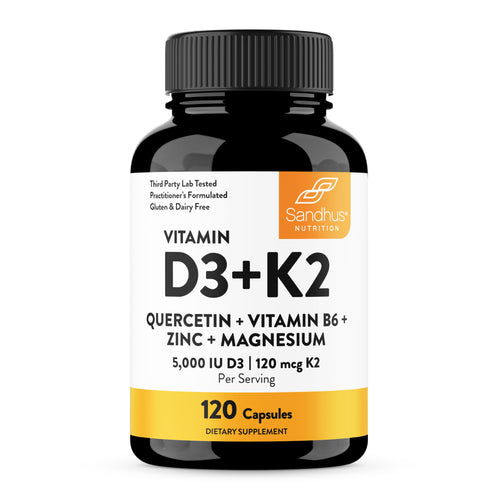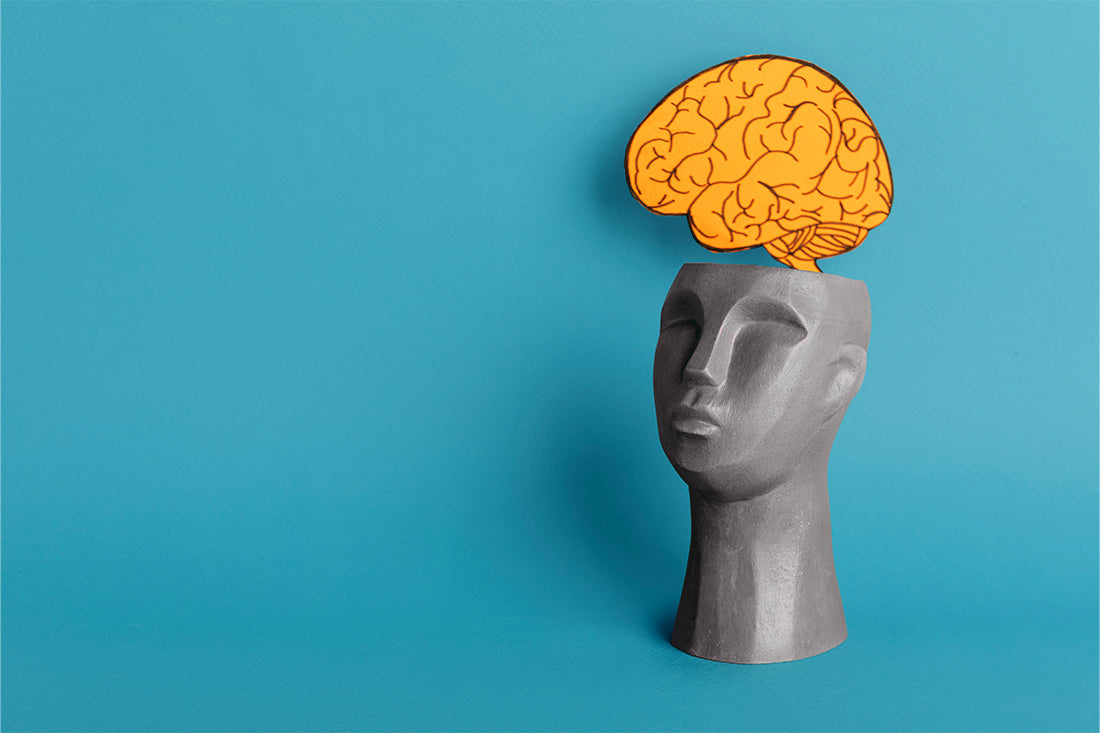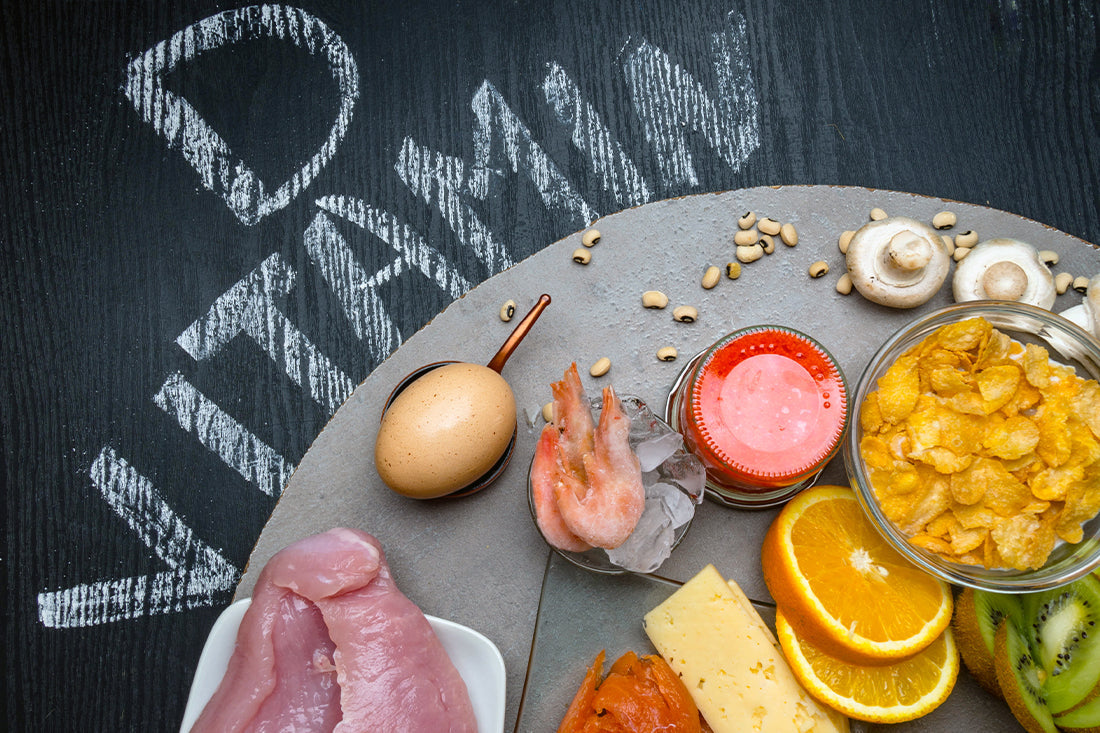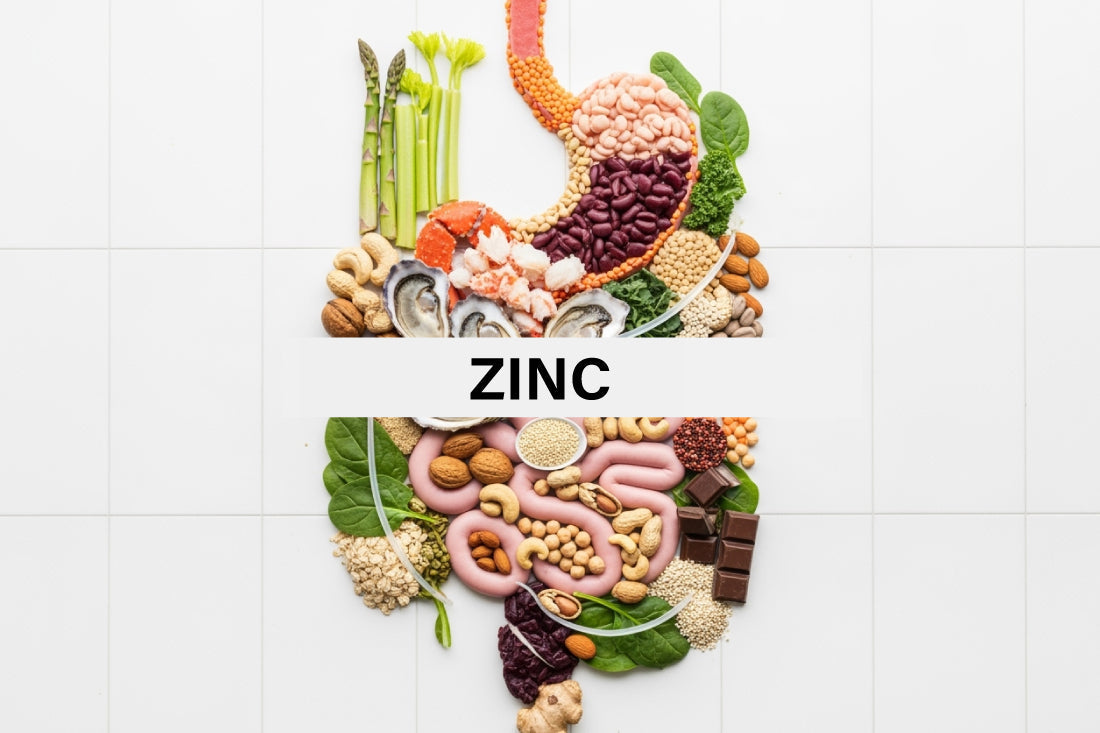Top 5 Foods Containing Both Vitamin D3 and K2?

Egg Yolks
Egg yolks are one of the simplest ways to get D3 and K2 together. Chickens raised outdoors or on nutrient-rich feed tend to have higher levels.
- D3 in yolks supports calcium absorption
- K2 helps your body direct that calcium to bones
Tip: Scramble or soft boil eggs for a quick, nutrient-packed breakfast.
Fatty Fish
Fish like salmon, sardines, and mackerel are famous for vitamin D3. What’s less known? Some of them also provide small amounts of K2.
- A double benefit in one meal
- Also packed with omega-3s, another nutrient that supports whole-body wellness
Tip: Grill salmon with lemon for a flavorful dinner that's rich in more than just protein.
Cheese
Certain cheeses, especially Gouda and Brie, naturally contain vitamin K2. Since dairy can also have some vitamin D3, cheese becomes a rare food offering both nutrients.
- K2 is higher in aged or fermented cheeses
- A snack that supports bone and immune health
Tip: Pair a small slice of Gouda with fruit for a balanced, nutrient-rich snack.
Liver
Organ meats like beef or chicken liver are packed with nutrients, including both D3 and K2.
- A nutrient-dense option for those who include organ meats in their diet
- Not an everyday choice for everyone, but a powerful source when eaten occasionally
Tip: Add finely chopped liver into stews or sauces for a hidden nutrition boost.
Fortified Yogurt
Some yogurts are fortified with vitamin D3, and depending on the type of milk and fermentation, they can also provide vitamin K2. Choosing fortified varieties makes yogurt one of the easiest everyday foods that can give you both nutrients in the same serving.
- Provides added vitamin D3 through fortification
- Naturally contains vitamin K2 (levels vary by brand and style, especially in fermented or whole-milk yogurts)
Tip: Check labels for vitamin D fortification, and choose whole-milk or probiotic-rich yogurts for the best nutrient value.
Is Food Alone Enough for Vitamin D3 and K2?

Even though these foods contain both vitamins, the amounts may not always be enough for daily needs. Lifestyle, age, and limited sun exposure can all lower your vitamin D3 levels. Similarly, most modern diets don’t provide consistent amounts of vitamin K2. That’s why many people turn to Vitamin D3 K2 supplement as they provide these nutrients in a single daily serving—without guessing how much you’re really getting from food alone.

Conclusion
Finding foods that naturally provide both vitamin D3 and K2 can give your diet an extra edge for bone, immune, and overall wellness support. From egg yolks and cheese to fatty fish and meat liver, these options are worth adding to your plate. And if diet alone isn’t enough, supplements can help fill the gap with reliable amounts.
FAQs
1. Can I get enough vitamin D3 and K2 from food alone?
It’s possible but not always easy. Many people still fall short, especially with limited sun exposure or low K2-rich foods in their diet.
2. Which cheese has the most vitamin K2?
Aged cheeses like Gouda and Brie have higher levels of K2 compared to softer cheeses.
3. Is vitamin D3 better from sunlight or food?
Sunlight is the main natural source of D3, but many people need food and D3+K2 supplement especially in colder months.
4. Why are D3 and K2 often paired in supplements?
Because they work better together: D3 helps with calcium absorption, and K2 helps guide calcium to the right places.












